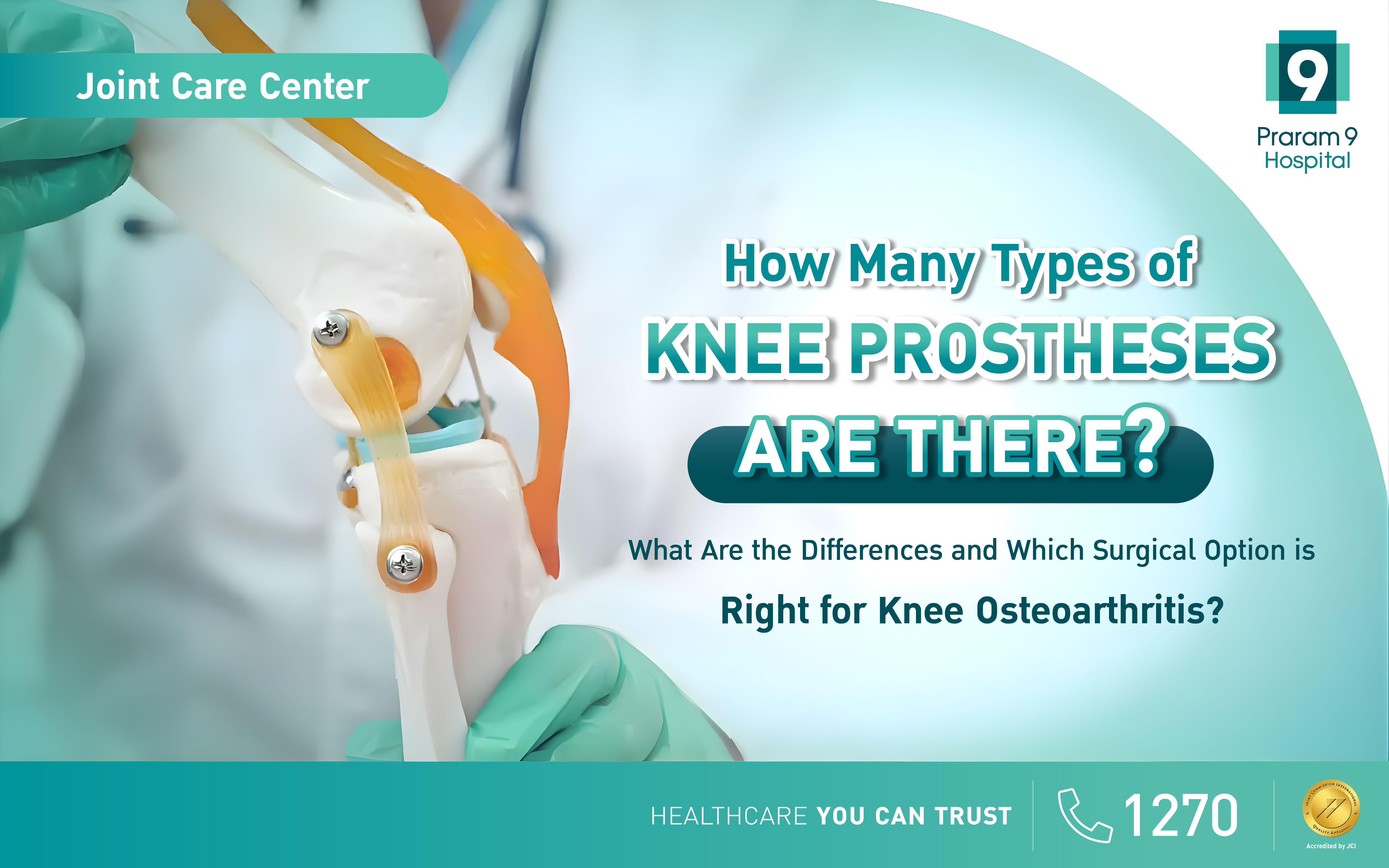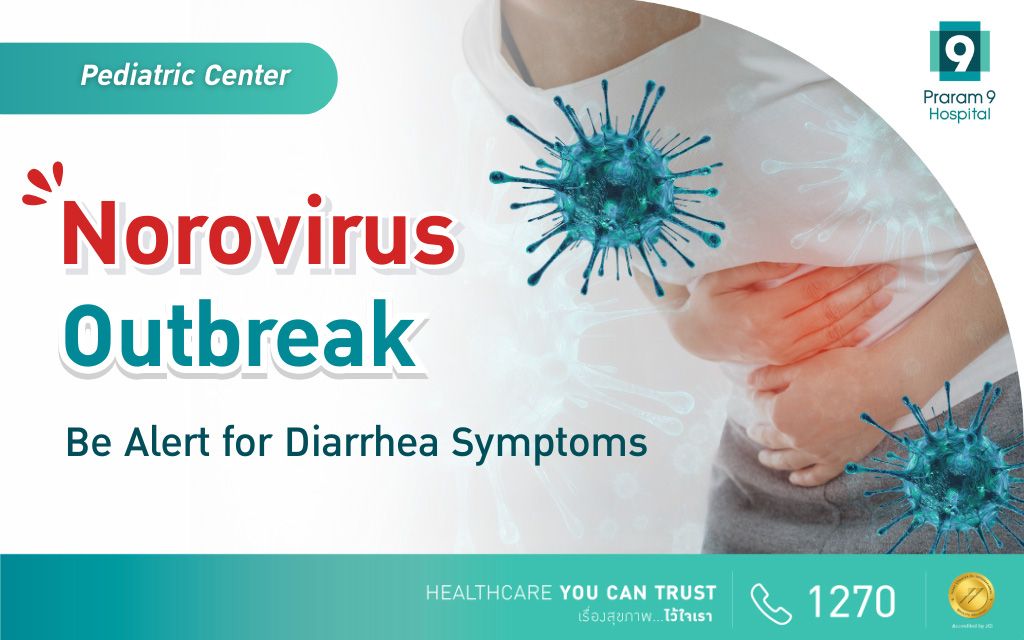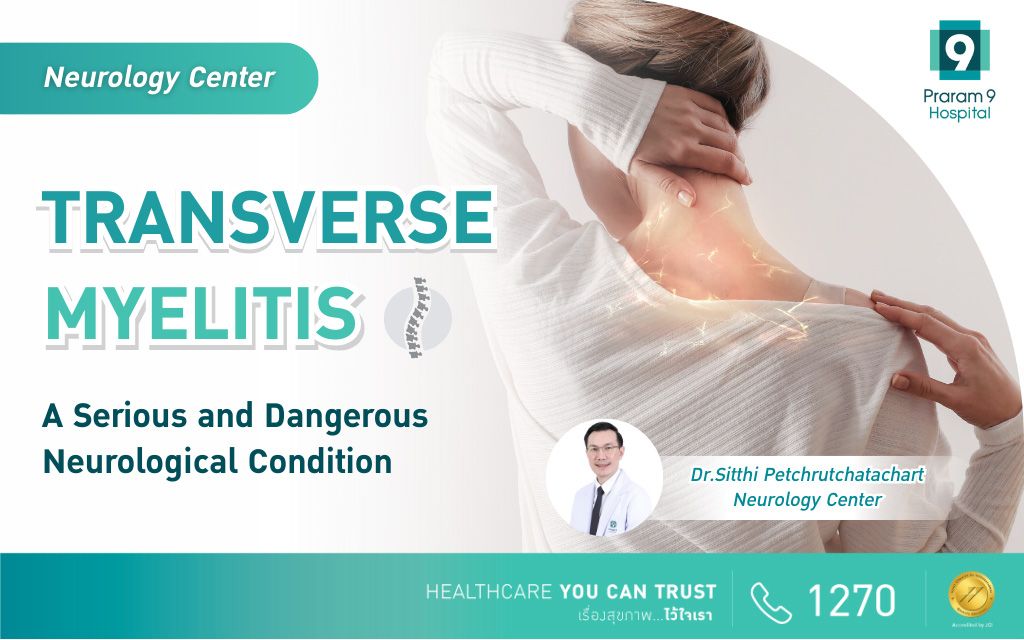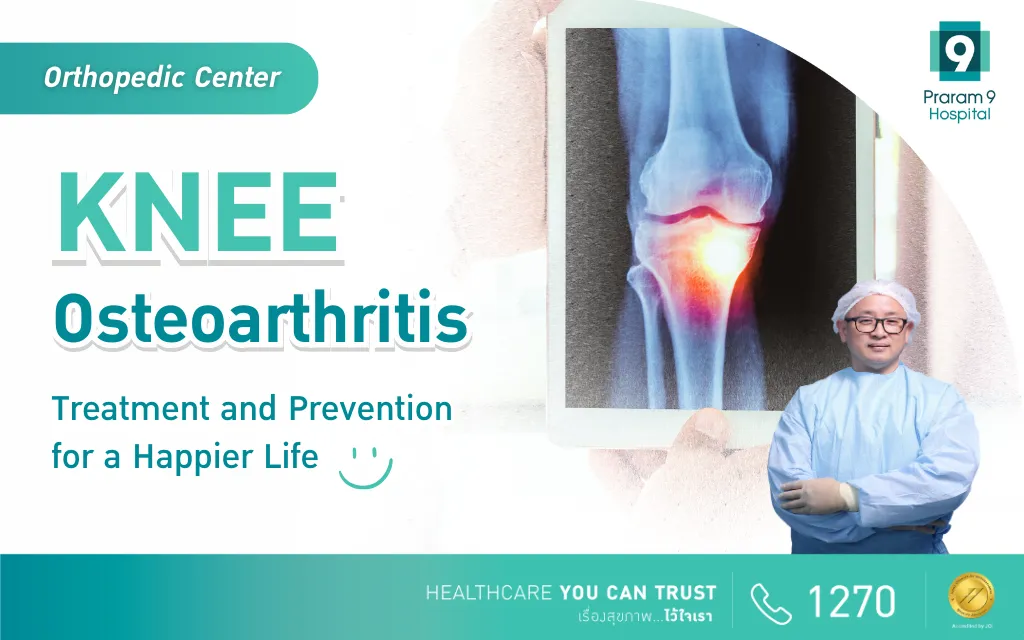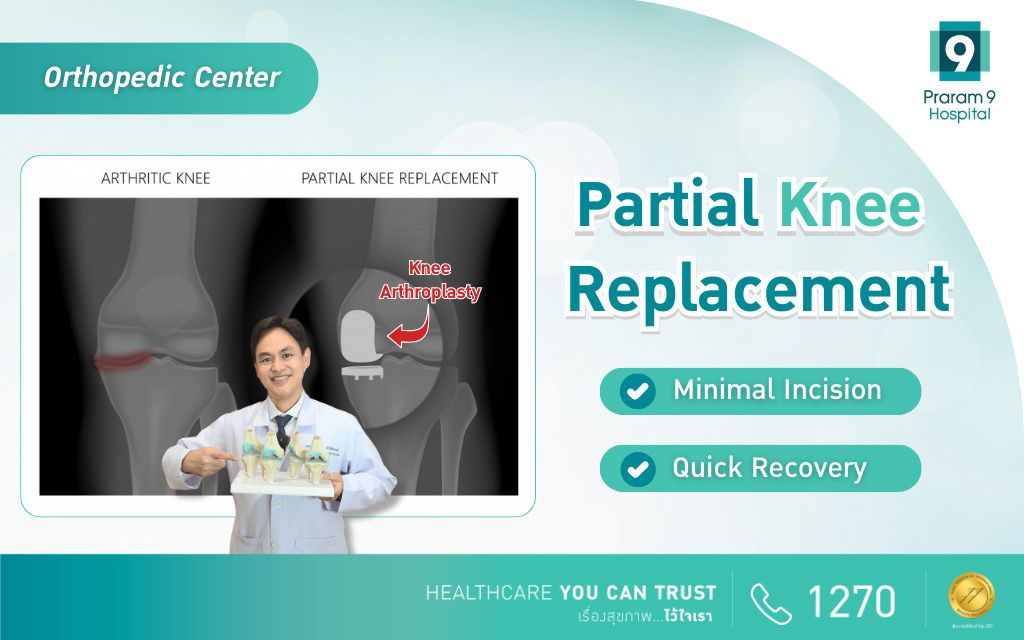Health Articles
Knowledge
Can’t sleep! Treatment and protection
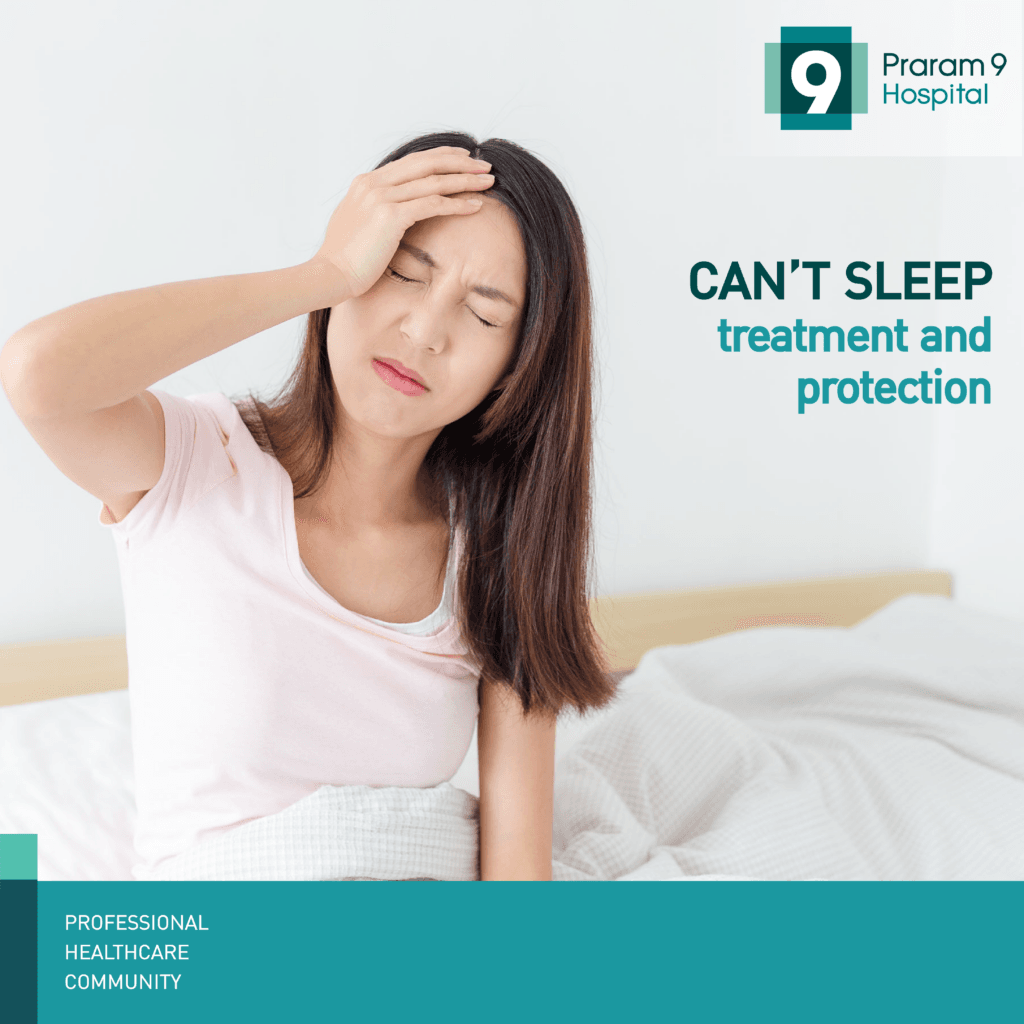
Can’t sleep! Treatment and protection
Insomnia consists of various symptoms, all contributing to making it difficult to fall asleep. These symptoms cause an individual to experience difficulty falling asleep or staying asleep for extended amount to time. As a result of not getting adequate time of rest or even when the individual is able to get enough time to sleep, the quality of sleep will be poor which will affect their daytime physical and mental condition.
Treatment and protection for insomnia
Adjusting the daily habits and routine can be the easy solution to fix insomnia. In order to create the optimum condition for which you can comfortably and easily fall asleep and stay sleeping for longer would not only help improve insomnia but may have other health benefits to go along as well. We recommend these following actions:
1. Adjust your sleeping timetable. Start sleeping at the same time every day. Do not take any naps in between bedtime no matter if you are feeling sleepy, endure it until your actual bedtime.
2. Frequently exercise can improve your sleep quality, however avoid intense workout before bedtime.
3. Inspect your medication if you are taking any to see if there are any substances in them that may have an effect that is causing you do have insomnia.
4. Making you room more conducive for sleeping by providing good ventilation, reduce surrounding noise and cut off light that might be coming from outside with good curtain, noise insulation windows and air conditioning system.
5. Avoid caffeinated beverages and alcoholic drink in the evening and before bedtime.
6. Stop or reduce smoking
7. Avoid heavy meal before bedtime
8. Choose activities that can help you destress and have calming effect on you before bed as well as avoid activities that might alert your mind or your emotion such as television and social media.
If you are experiencing difficulty falling asleep, waking up in the middle of the night, unable to get back to sleep after waking up or waking up feeling tired and lack concentration, you should make an appointment with the doctor for an appropriate treatment.

